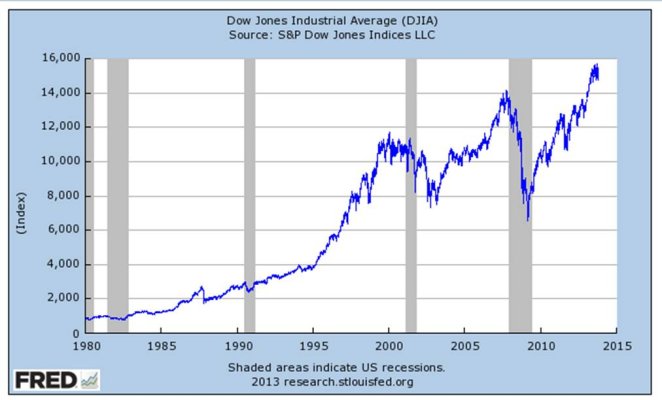Chuckanut
Give me a museum and I'll fill it. (Picasso) Give me a forum ...
Smartest thing I ever did years ago, for my peace of mind and investment performance, was determining the asset allocation I'm comfortable with, setting my portfolio to that, and then completely ignoring the market. No more decision making, no more worry, no more 'nuthin except rebalancing once in a blue moon.
+1
What runchman said.

